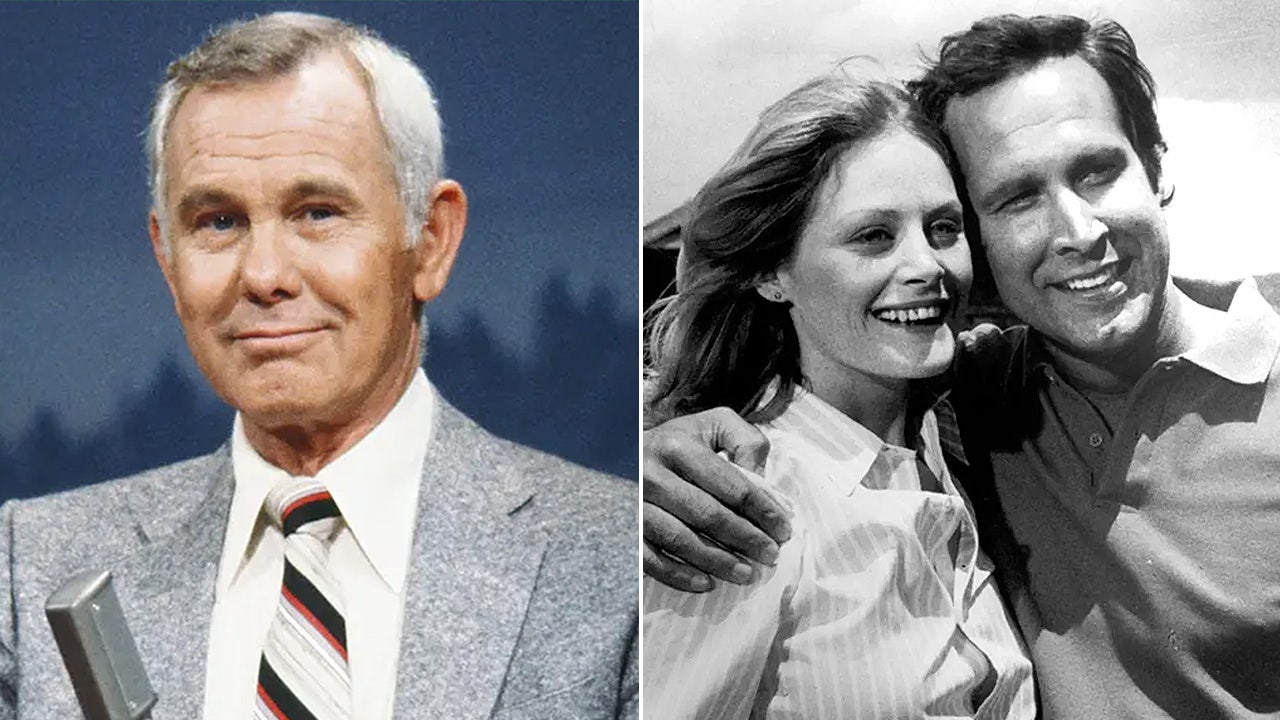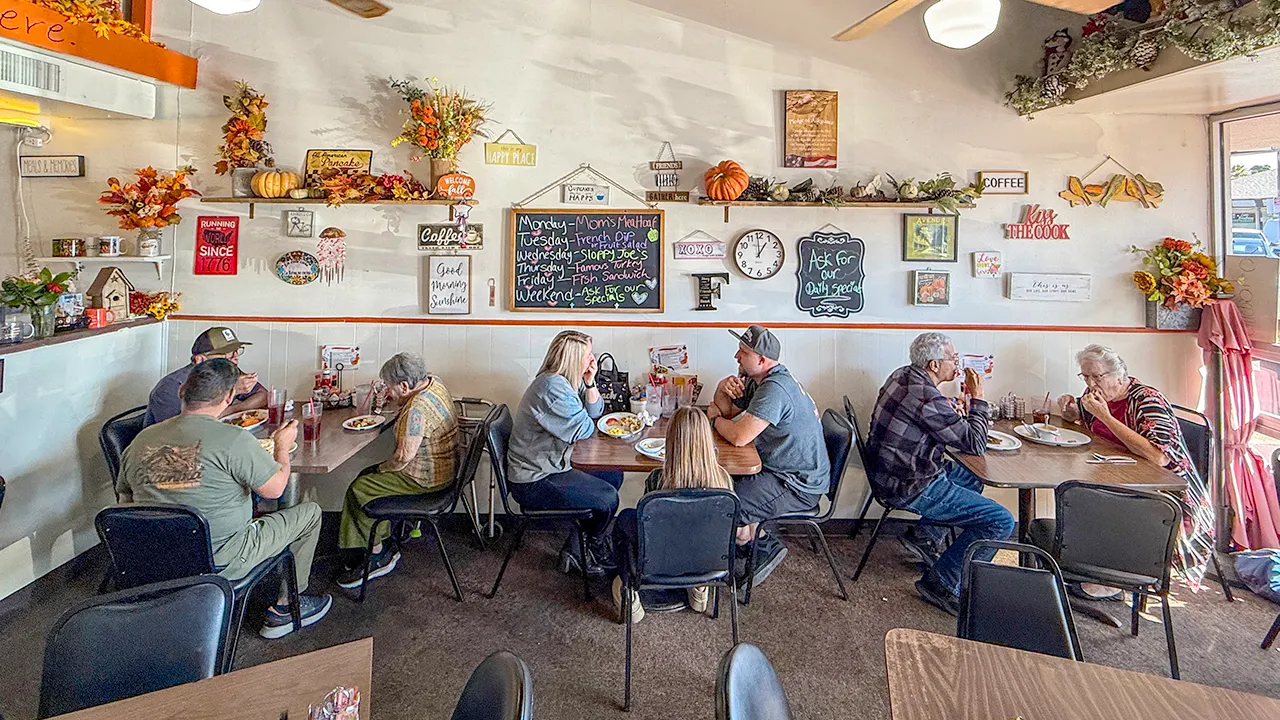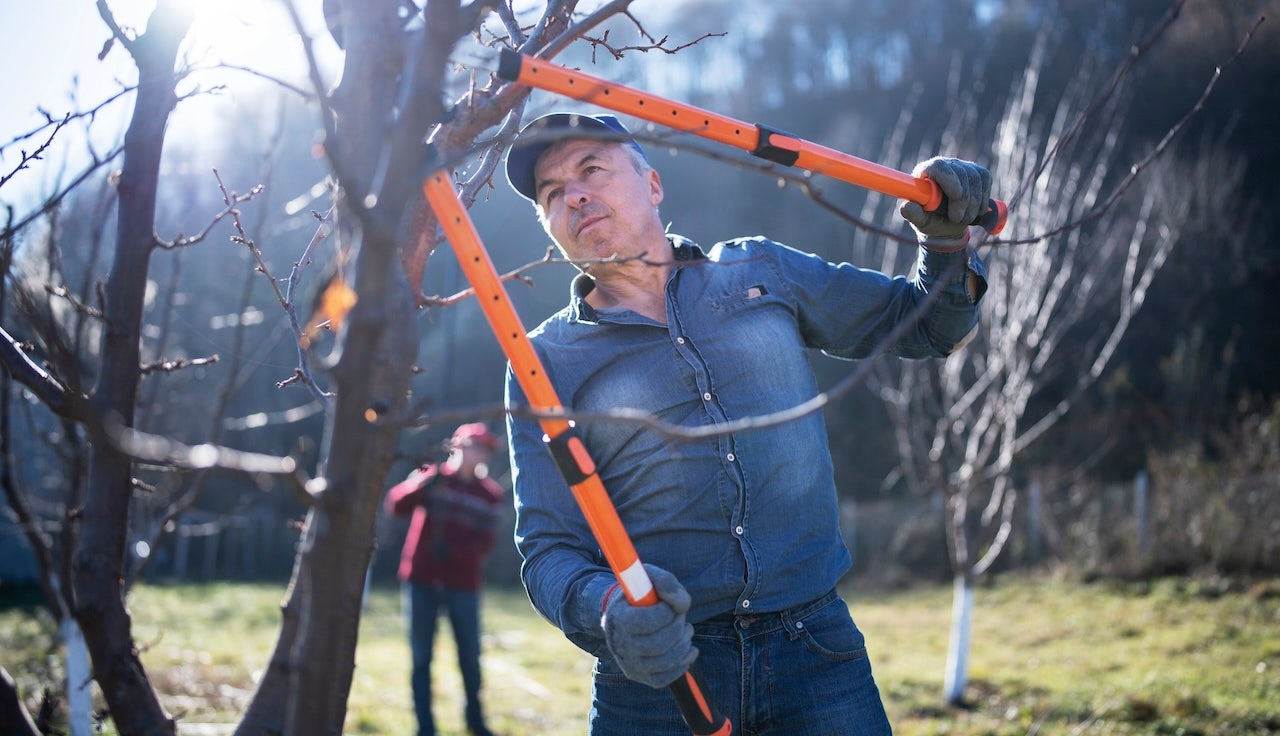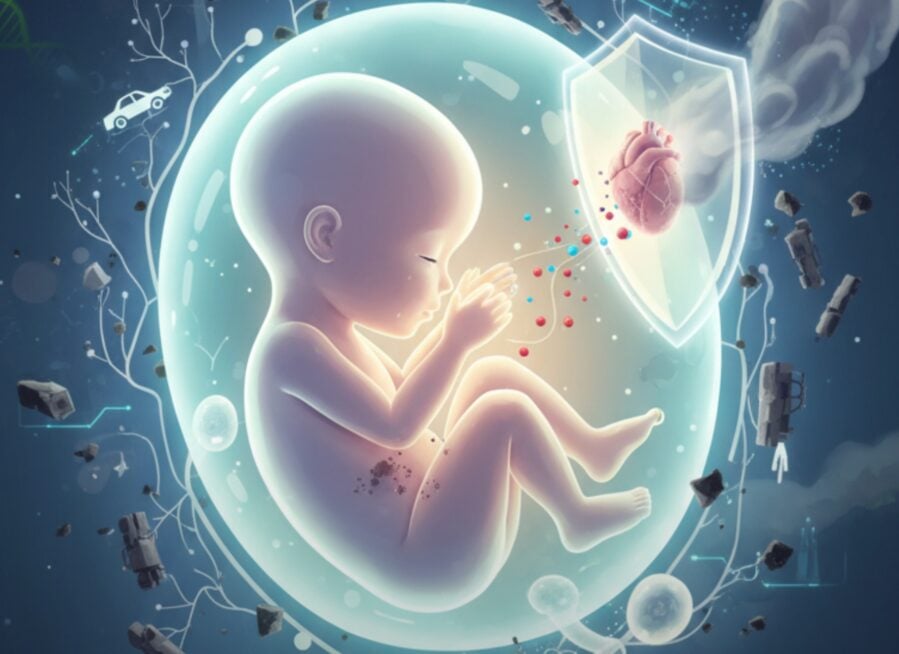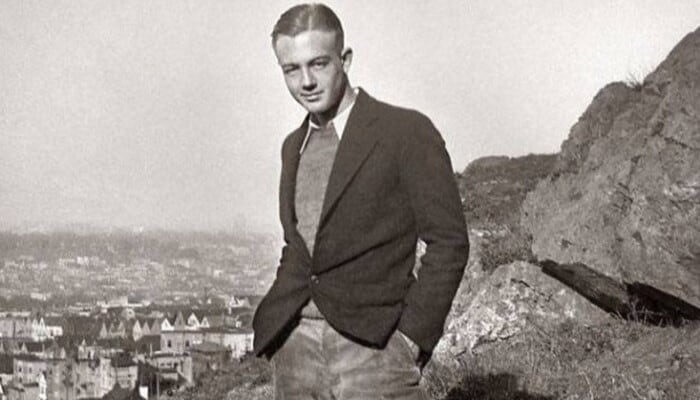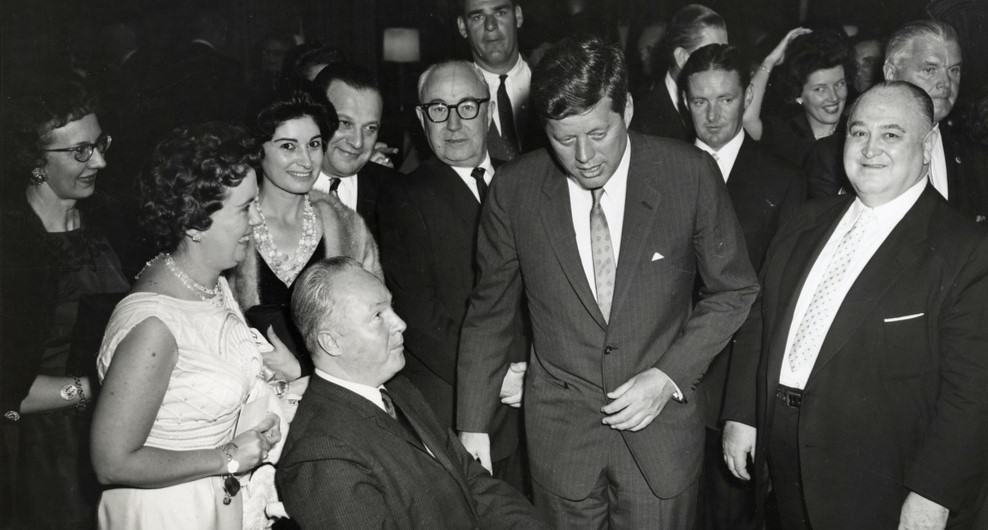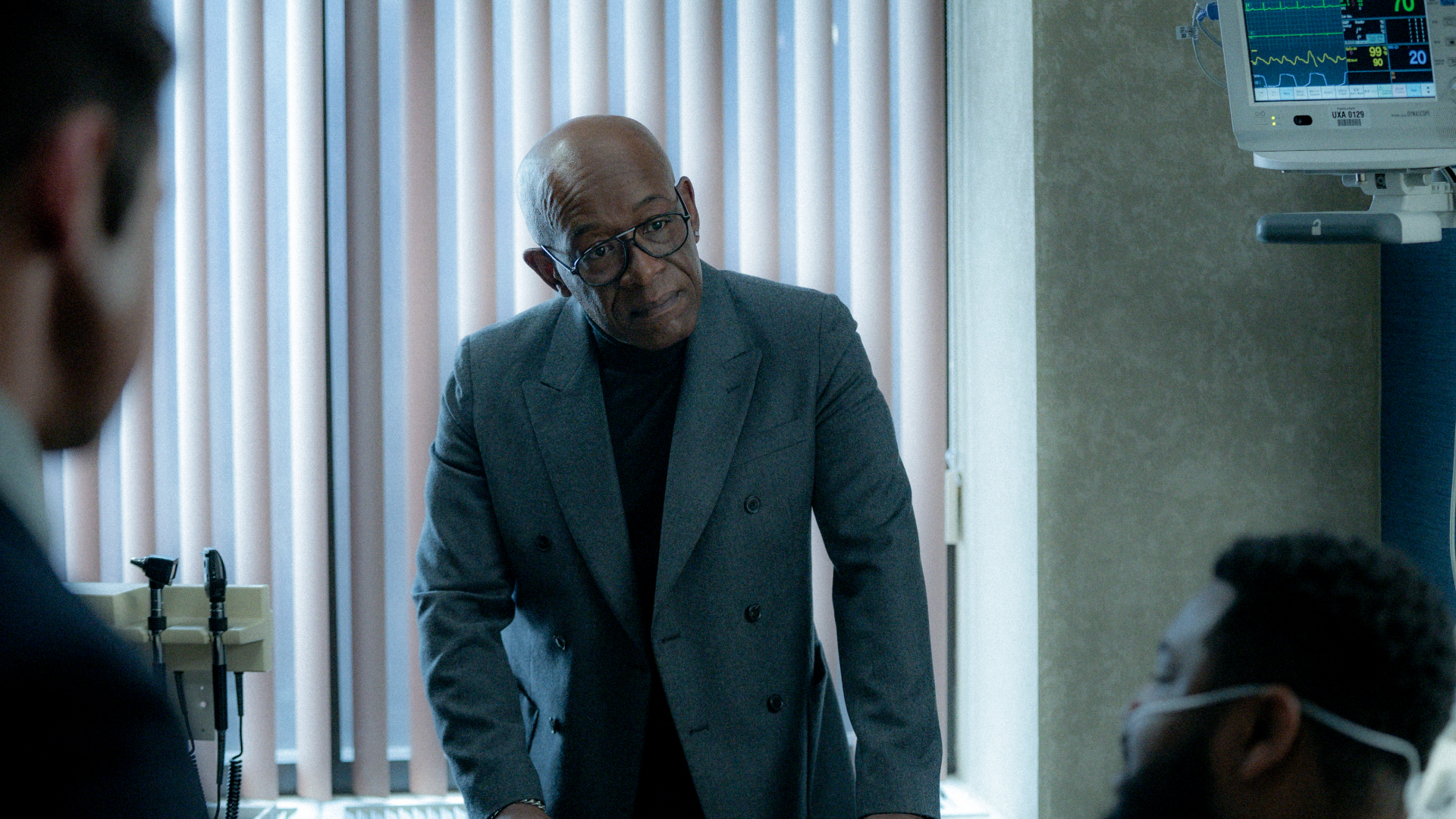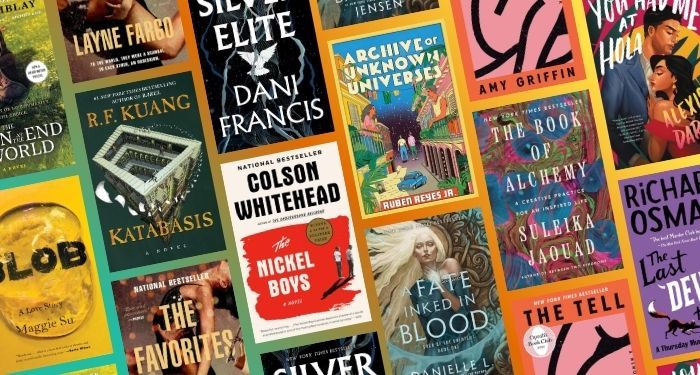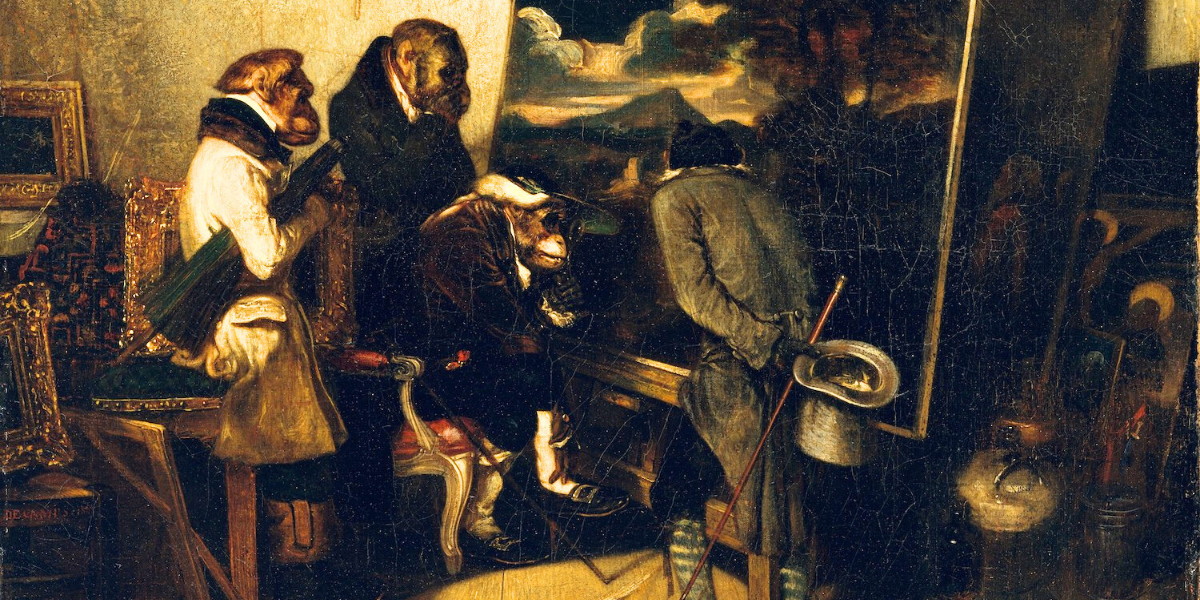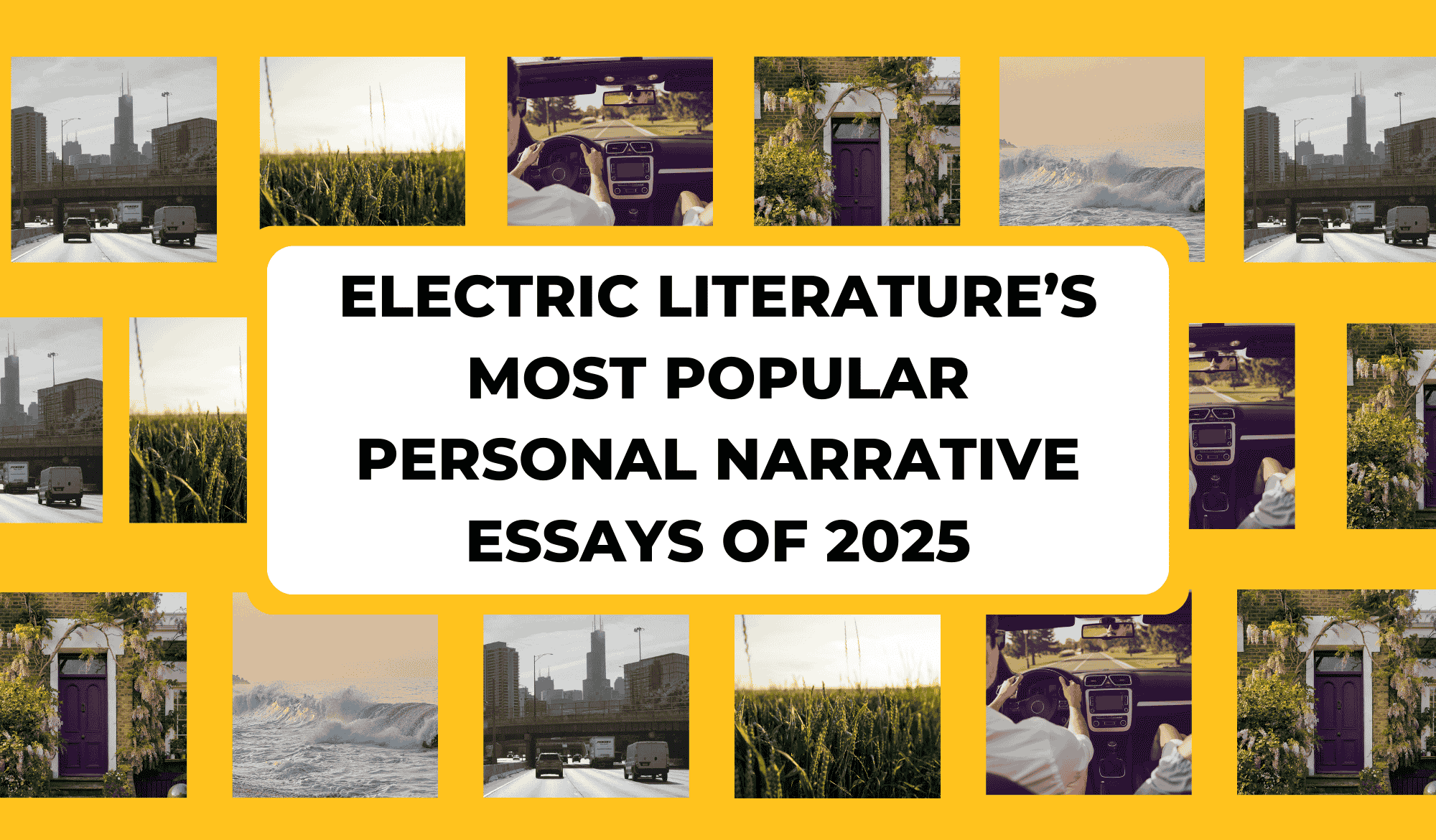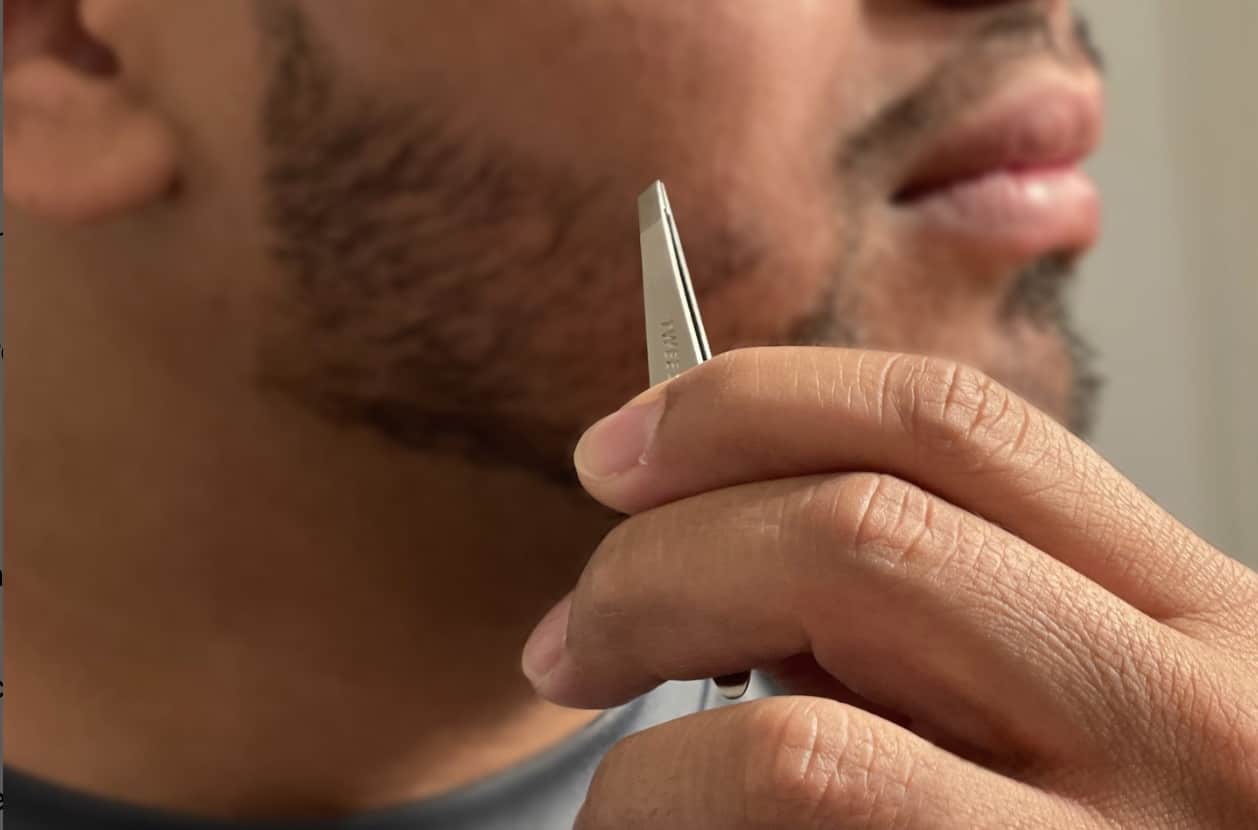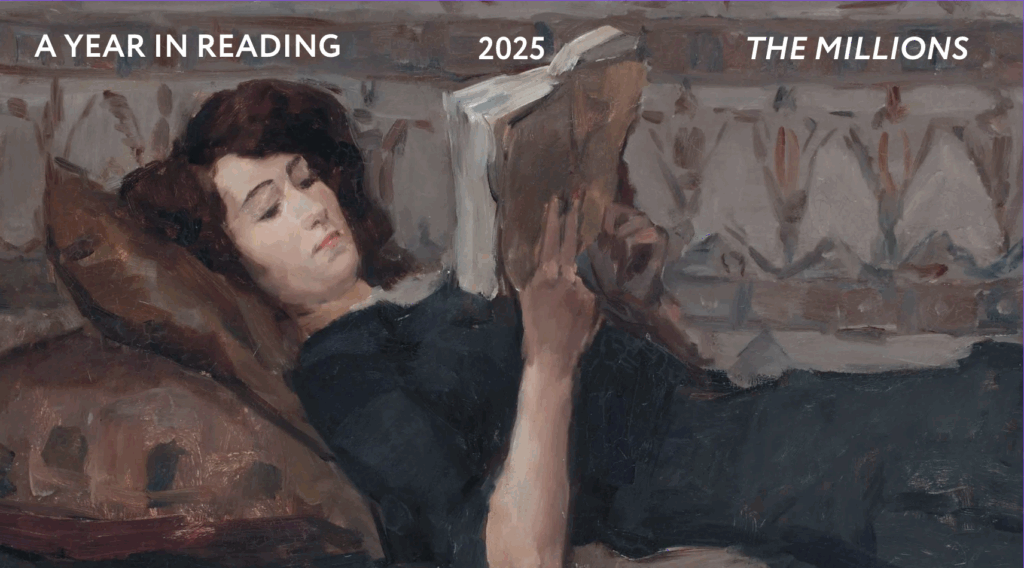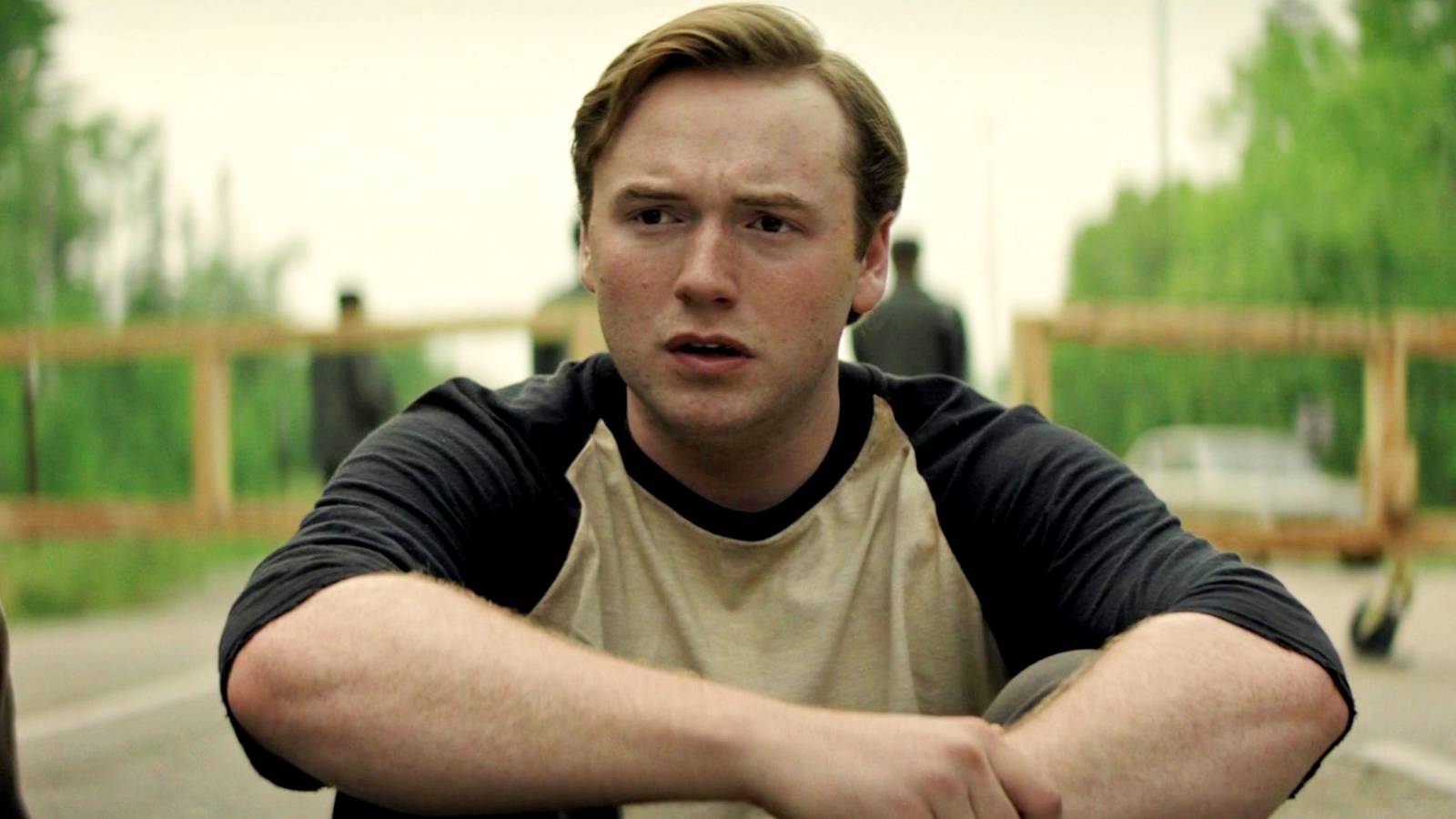Atarayo, a three-member band that calls itself “a band raised on sadness,” released their new song “I am…” on Jan. 8. It’s been consistently praised for its lyrics, which are delicate depictions of people’s emotions, and its sound, which help highlight the lyrics to even fuller effect. “I am…,” their first release of 2024, was written as the opening theme song for season two of the TV anime The Dangers in My Heart. It’s written from the perspective of the show’s protagonist, reflecting his inner feelings. Billboard Japan spoke with Atarayo about their past and future growth, including their first-ever overseas performance, playing in Taiwan in 2023, about their latest song, and about their plans for future overseas shows.
In 2023, you played at the ISLAND’s LA RUE Music & Arts Festival in Taiwan. What was it like playing a show outside Japan for the first time?
Hitomi (vocals and guitar): At first, I was really nervous, but the audience was really engaged, and everyone sang along in Japanese. That blew me away. Japanese audiences almost never sing along with us, they listen intently. The Taiwanese audience was different. There was a real sense of oneness with the crowd. It was really fun.
Takeo (bass): At first, I was pretty nervous, too, but then when we actually started playing, the audience’s vibe was great.
Marcy (guitar): Yeah, everyone was filming with their phones, but they were really into the show. There was a real sense of freedom. It felt very different from Japan, and it was a ton of fun. The stage was huge, too. When we were checking out the venue the day before, I idly wondered what the place would look like totally packed, but the on the day of the show the audience was really big.
Did experiencing your first show outside of Japan give you a stronger desire to play overseas more?
Hitomi: Yeah, it was a great experience seeing how warmly we were welcomed. After playing the festival in Taiwan, we got offers from other countries in Asia, saying “Come play here, too.” If there’s that much of an audience who wants to see us, I’d love to actively perform more overseas.
You recently released “I am…,” your first release of 2024. It’s the opening theme for the second season of the anime The Dangers in My Heart. What kind of concept did you have going into the writing process?
Hitomi: First off, since it’s the opening theme song, we wanted it to have a lot of energy. As for the lyrics, the anime’s producers asked that we write the song from the perspective of the show’s protagonist, Kyotaro Ichikawa, so we always kept that in mind as we worked on the song. I’d read the comic the show is based on, so when writing the lyrics, I imagined what kind of poem Ichikawa would write if he were to write a poem. There’s actually a scene in the show where he writes a poem, and my own personal impression is that people who write poems have something buried deep inside. Ichikawa must have a lot inside that he thinks but doesn’t say out loud, so I thought about how he’d express that if he put it to music. Ichikawa’s feelings are especially reflected in the first verse.
What kind of character do you see Ichikawa as?
Hitomi: Hmm…kind of difficult and stubborn (laughs). He has these ideals and things he wants to do, but he just can’t fully accept himself and his ideas for what they are. However, in season two, he gradually comes to accept himself more.
What are your feelings on The Dangers in My Heart itself?
Hitomi: It’s not just a simple, straightforward romance anime. There are a lot of lines that really get you, emotionally, in its depictions of how Ichikawa grows as a person. When I read it, I had a lot of insights myself.
Marcy: When I read it, I just thought, “Man, I’m jealous. I wish a beautiful girl like that was in love with me when I was that age” (laughs).
Hitomi: You’re too honest (laughs).
Marcy: But, seriously, in the song, there are two guitar solos, which represent the relationship between Ichikawa and his love interest. We wrote the song so that its whole sound — both its highs and its lows — depict Ichikawa’s own feelings.
Takeo, what do you think about The Dangers in My Heart?
Takeo: I sympathize with Ichikawa.
Hitomi: Ichikawa’s a lot like Takeo (laughs). Sometimes, looking at Ichikawa, I’m like “Is this Takeo?”
Takeo: Both Hitomi and Marcy were telling me that, so I read the comic, and there were all these times where I found myself thinking, “I get it, Ichikawa. I know exactly how you feel” (laughs).
I feel like the lyrics to “I am…” depict a real sense of change, as epitomized by the line “It’s like I’m no longer me.” In your activities as Atarayo, have there been any changes of your own that have surpassed your own expectations?
Hitomi: Ichikawa’s own changes are changes for the better. Through his interactions with Anna Yamada he discovers parts of himself that he wasn’t previously aware of. I’ve felt the same about myself. I was really shy and withdrawn when I was little. Now, I’m standing on stage, singing in front of people. That’s because these two people changed me. I’m still scared to get up on stage sometimes, but I think if we keep on as a band, I’ll grow even more bold, and one day the me that’s up there on stage will be one that I didn’t even realize was in me. That’ll probably change our live performances and how we express ourselves, too.
Marcy: During our shows, I used to really look in from the outside, taking a kind of aloof stance, but lately I’ve really been getting absorbed in the shows, and sometimes I find myself sobbing despite myself. I think I get more into the songs now and I’ve become able to play my guitar in a way that better conveys the emotions of the songs to people. Another change is that I couldn’t afford to buy draft beer in the past, but now I can drink it every day (laughs).
(Laughs) Marcy and Takeo, have you seen any changes in Hitomi?
Takeo: Um… Not really (laughs).
Marcy: She’s been the same since we were in school (laughs).
Hitomi: No, I’ve changed! (Laughs) For example, my voice doesn’t tremble during shows anymore. I feel like before I wasn’t able to focus on how to express myself, or on my performance, I was just trying to make it through the show.
Marcy: Yeah, when it comes to music, you’ve changed. Listening back to old demos, your voice was really, how should I say it…green? Very youthful. Now your voice has gotten a lot bolder. Also, the amount of feeling you put in to the lyrics and singing is totally different from our first live shows. It’s not just Hitomi, either. Our legs used to always be trembling when we performed, so that’s been a big change. But our day-to-day lives haven’t really changed, right? At least, when we go to a bar, nothing’s changed (laughs).
Hitomi: As long as I’m growing musically, that’s enough (laughs).
—This interview by Fumiaki Amano first appeared on Billboard Japan

